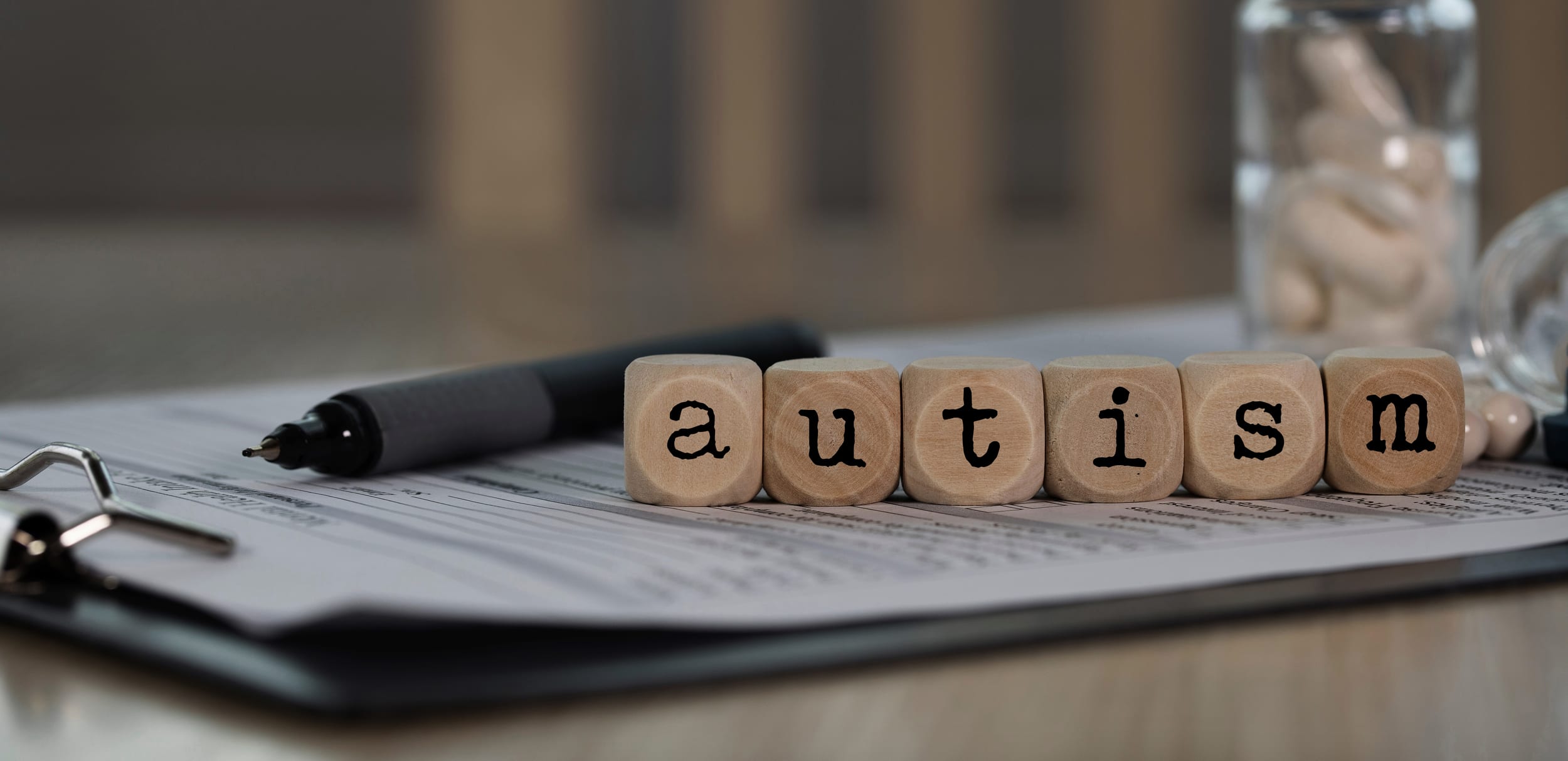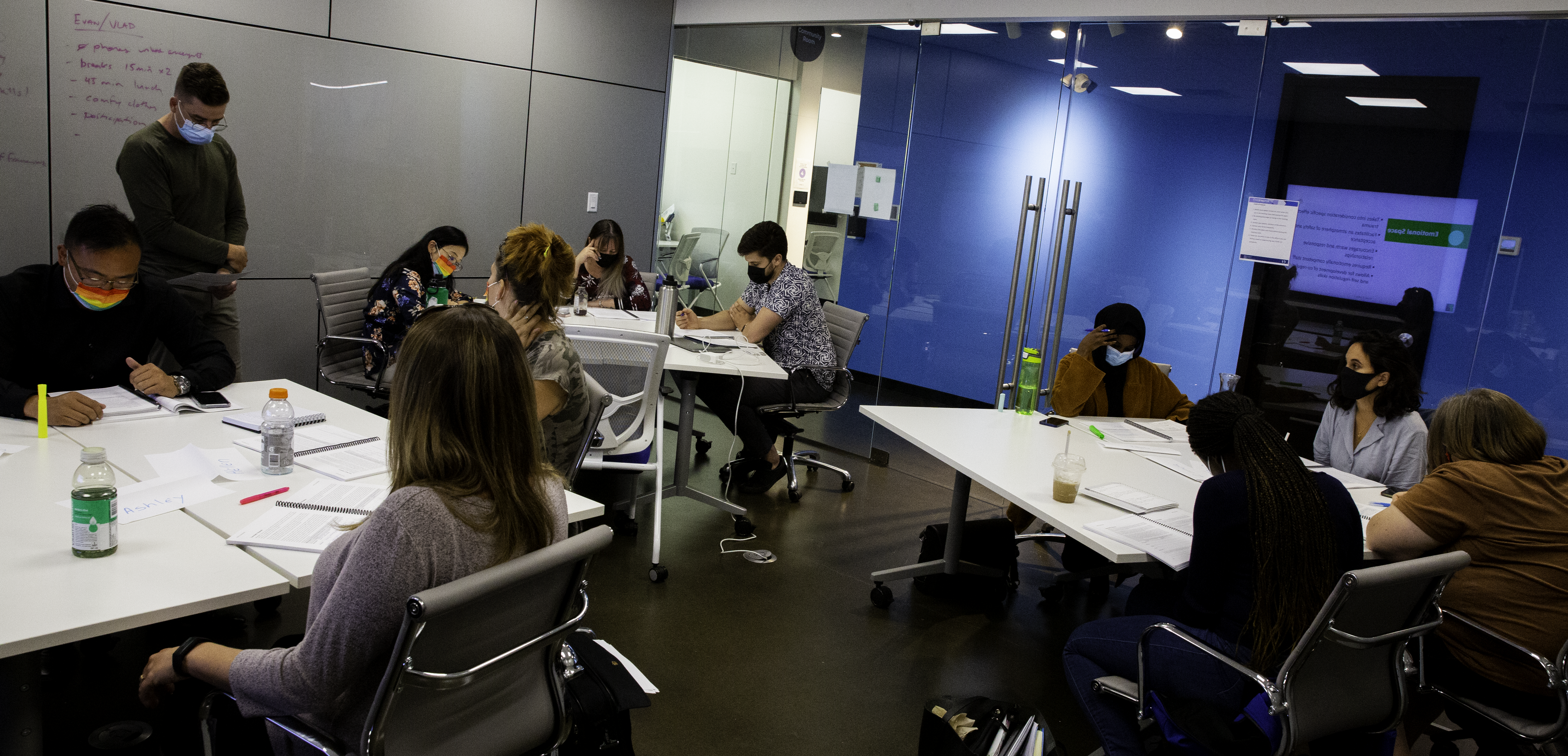Can Adults have Autism?
We have all heard of children with Autism, but can adults have Autism too, or is it something that only exists during childhood?
Because there is currently no known cure for Autism, people diagnosed with it in their childhood carry it with them all the way through to adulthood. While adults can definitely have Autism, there is a lot less research on Autism in adulthood compared to childhood, which may be a reason why it gives the appearance of being less common. Additionally, because there is no cure for autism, the focus is on behavioral and symptom management strategies. As these individuals age, they may learn how to manage these better. As a result, Autism in adults may not be as obvious or may seem significantly less visible. Lastly, since Autism is a spectrum of symptoms and conditions, many symptoms may not be evident to everyone, and so people may not know that an adult is living with Autism.
There are several other challenges that come with transitioning from childhood to adulthood for someone who has Autism. For example, moving out and living independently on their own, going to post secondary, finding a job, finding housing, and managing relationships. These are already currently existing challenges for most individuals undergoing this transition, but for someone with Autism, there is an extra layer of challenges and difficulties for someone with Autism as support services may be more limited or not readily available for them after transitioning into adulthood.
Sarah Kurchak, a writer and advocate for Autism, discusses the challenges, the system, and what it’s like living life as an adult with Autism.






